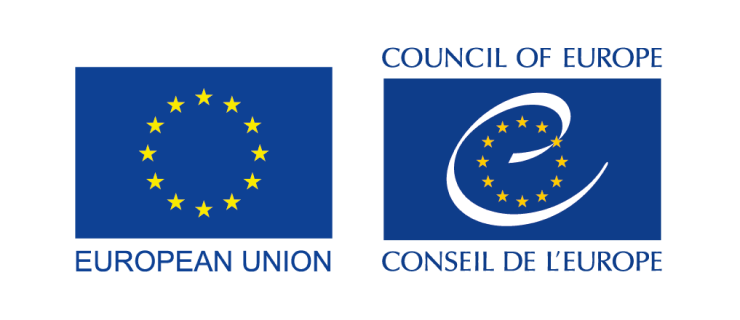International Organisation Resource
RESOLUTION (64) 11 - CIVICS AND EUROPEAN EDUCATION
Committee of Ministers of the Council of Europe • 1964
Levels and forms of education
Primary Education
Lower Secondary Education
Upper Secondary Education
Resource type
Recommendations, Resolutions, Decisions
Historic approaches concerned
Transnational History
Other Approaches
Historic period
No data
Countries or areas concerned
Europe
Languages
English
Description
(Adopted by the Ministers' Deputies on 6th October 1964) Full text of the Resolution: The Committee of Ministers, Having noted the conclusions of the report on "Civics and European Education at the Primary and Secondary Level" published in the series Education in Europe; Considering that the aim of civics is to provide a training in democratic citizenship and that its current objectives must therefore take account of the fact that today the individual is no longer a citizen of his own country only but also of Europe and the world; Considering that, at a time when Europe is becoming a reality, it is the imperative duty of secondary education to inculcate into its pupils an awareness of European facts and problems; Considering that the effective teaching of civics in the European countries is at present hampered by the lack of appeal of existing school courses and by the lack of preparation of the teachers; Considering that the textbooks and basic material at present in use need to be adapted to the times; Considering, finally, that education in democratic citizenship is a continuous process, which should not be confined to a single subject of the curriculum but should permeate the whole course of education both inside and outside the school, resolves: A. To recommend that Governments, signatory or acceding to the European Cultural Convention: 1. draw up, with the above considerations in mind, a syllabus which can serve as a model for possible school curricula; 2. do everything within their power to ensure that all disciplines concerned - for instance history, geography, literature, modern languages - contribute to the creation of a European consciousness; 3. with a view to rendering the European aspect of civics teaching more interesting and consequently more effective, encourage the teaching profession to go beyond a purely static description of European institutions, by explaining their function in the light of the vital interdependence of the European peoples and of Europe's place in the world, and by attempting to bring out the dynamic aspects of the European integration process and the concessions, indeed sacrifices, that it entails, and the political and cultural difficulties, even tensions, it may create; 4. promote methods of encouraging older pupils to take an active part in the study of current events and problems; 5. make, or stimulate the making of, up-to-date documentation especially devised for educational purposes available to both teachers and pupils; 6. include in the general professional training course a preparation for the teaching of civics in a European context; 7. bear in mind that refresher courses are an excellent means of ensuring the up-to-dateness of teaching methods and material; 8. encourage collaboration between family and school in order to ensure the harmonious development of a civic consciousness among the young; 9. encourage the fullest use of broadcasting, television and other audio-visual aids in civic education; B. To urge European and other international organisations to assume a certain responsibility for the desired improvements, for instance by providing special training courses, European reference material, audio-visual aids and other facilities referred to in the above-mentioned report.
Keywords
Council of Europe
Committee of Ministers
Civics
European education
History Teaching
Resolutions
